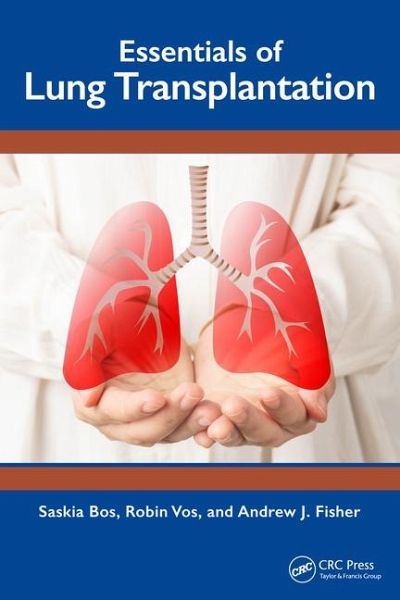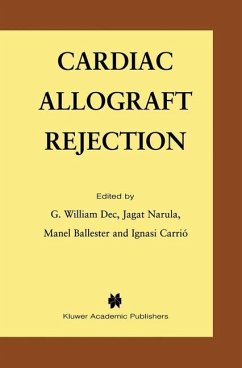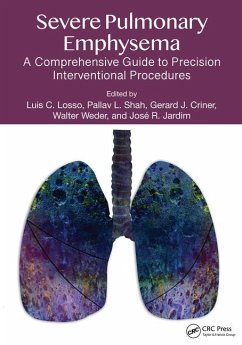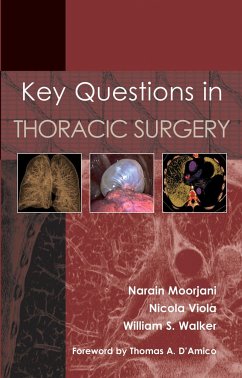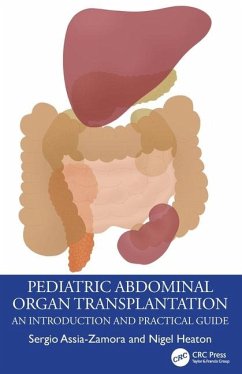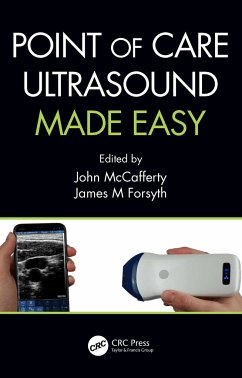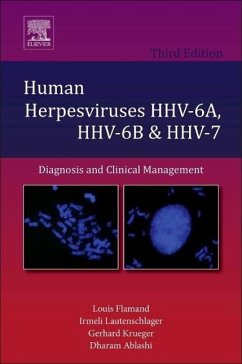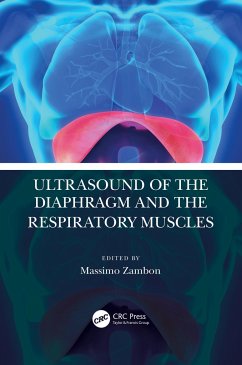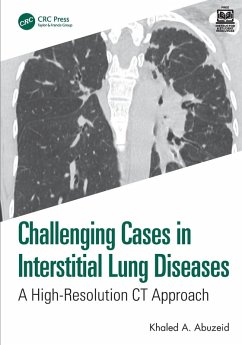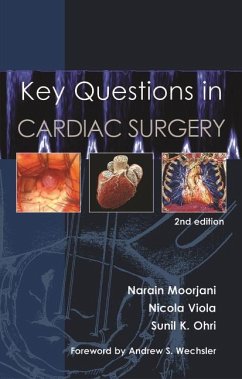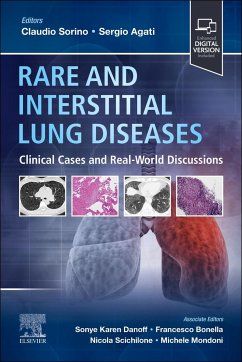Dr Saskia Bos, MD, PhD, worked from 2020 to 2024 as a clinical researcher at Newcastle University and as a transplant physician at the Institute of Transplantation of the Freeman Hospital, Newcastle upon Tyne, UK. She then moved back to Belgium, where she now works as a transplant pulmonologist in the Leuven Lung Transplant Program and is Adjunct Head of Clinic of the Department of Respiratory Diseases at the University Hospitals Leuven. She has a specific interest in chronic lung allograft dysfunction, pulmonary graft-versus-host disease after haematopoietic stem cell transplantation and infectious diseases in solid organ transplants. She is active in several European and International Societies (European Respiratory Society, European Society for Organ Transplantation, International Society for Heart and Lung Transplantation, and European Society of Clinical Microbiology and Infectious Diseases). Robin Vos, MD, PhD, is Medical Director of the Leuven Lung Transplant Program, Deputy Head of Clinic of the Department of Respiratory Diseases at the University Hospitals Leuven and Associate Professor of Medicine at KU Leuven, Belgium. He is a Senior Clinical Research Fellow of the Research Foundation - Flanders and his clinical and translational research focuses on the pathophysiology and treatment of chronic lung allograft dysfunction and pulmonary chronic graft-versus-host-disease. He is a Fellow of the European Respiratory Society (FERS) and active in several European and International Societies (Eurotransplant, European Respiratory Society, European Society for Organ Transplantation, and International Society for Heart and Lung Transplantation). Andrew J. Fisher, FRCP, PhD, is Professor of Respiratory Transplant Medicine at Newcastle University and a transplant pulmonologist at the Institute of Transplantation at Freeman Hospital, Newcastle upon Tyne, UK with almost 30 years of experience. He is Co-Director of the NIHR Blood and Transplant Research Unit in Organ Donation and Transplantation and leads a team of scientists and clinicians who are working on better understanding how outcomes after lung transplantation can be improved. He has led education initiatives on lung transplantation for the European Respiratory Society, British Thoracic Society and International Society for Heart and Lung Transplantation (ISHLT) and is a Past President of ISHLT.
